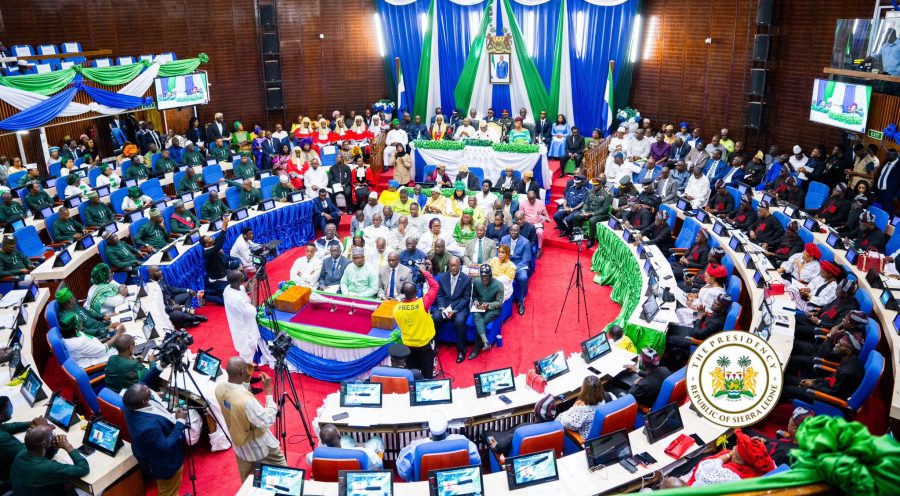Alphonsus Gbanie, Executive Secretary of the Human Rights Defenders Network Sierra Leone, has raised significant concerns regarding what he describes as “poor accountability practices” within Sierra Leone’s parliamentary governance, particularly citing recent actions by Parliament and the Office of the President.
In an exclusive interview, Gbanie emphasized that in a democratic society, Parliament is intended to play a crucial role in protecting citizens, especially when access to justice is diminished or the executive branch becomes oppressive.
However, he pointed to the recent removal of the Auditor General and her deputy as a stark example of an accountability crisis in the country.
“If Parliament can vote out the Auditor General and her deputy, it tells you where we are as a country,” Gbanie stated, suggesting this action weakens the very mechanisms meant to ensure oversight. He argued that Parliament, which should serve as a bulwark for citizens seeking protection, appears to be acting contrarily.
Gbanie further elaborated on the Auditor General’s removal, asserting that it fails to address underlying issues of malpractice. He contended that if an auditor identifies irregularities within the Office of the President, the focus should be on holding those responsible for the malpractices accountable, rather than penalizing the auditor.
“Nobody had been held accountable for creating that international embarrassment for us. If the President is not embarrassed, for us as a nation it’s an embarrassment. This was an international embarrassment, and yet no one has been held accountable,” Gbanie added, referencing unaddressed issues that reportedly led to the Auditor General’s findings. He explained that a chain of command exists in offices, implying that responsibility for financial irregularities should lie with specific individuals rather than the head of state directly.
The Executive Secretary of the Human Rights Defenders Network Sierra Leone is calling for all public officials implicated in mismanagement to face due process.











